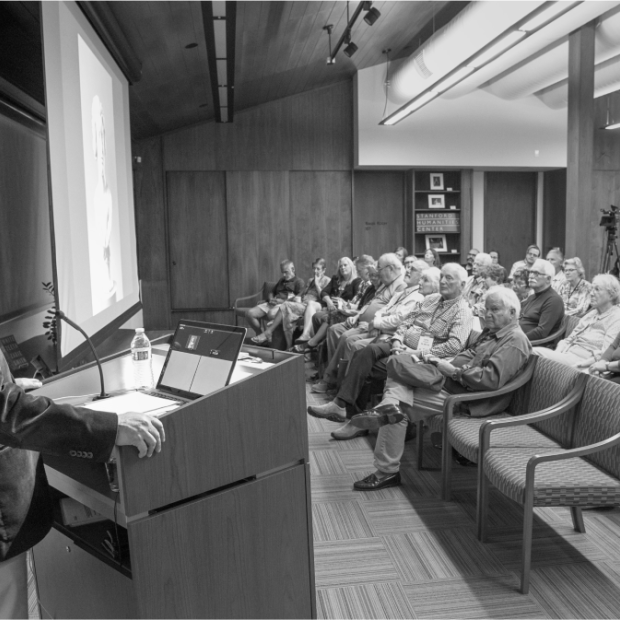Did the United States win the Cold War by finishing off the Soviet Union? Or maybe it is the collapse of the Communist party or the relations between Russia and the Union center, Yeltsin and Gorbachev, that are primarily responsible for the fall of the superpower? In his recent book, The Last Empire: The Final Days of the Soviet Union (2014), Serhi Plokhii argues that the key to the Soviet collapse was the inability of the two largest Soviet republics, Russia and Ukraine, to agree on the continuing existence of a unified state. The discussion will focus on the evaluation of the internal and external factors that led to the disintegration of the Soviet Union.
Readings: Stephen Kotkin, Armageddon Averted: The Soviet Collapse, 1970-2000 (New York, 2001), pp. 86-112; Serhii Plokhy, The Last Empire: The Final Days of the Soviet Union (New York, 2015), pp. xii-xxii, 388-408.
Serhii Plokhii is the Mykhailo Hrushevsky Professor of Ukrainian History and the director of the Ukrainian Research Institute at Harvard University. A leading authority on the history of Eastern Europe, he has published extensively in English, Ukrainian and Russian. Plokhii is the author of several influential monographs, including Yalta: The Price of Peace (2010) and The Last Empire: The Final Days of the Soviet Union (2014), which won numerous awards, including the Lionel Gelber Prize for the best book in English on the international topics, the Pushkin House (London) Russian Book Prize, and the Antonovych Foundation Ukrainian Book Prize. In 2009, Plokhii was honored with the Early Slavic Studies Association Distinguished Scholarship Award. In 2013 he was named Walter Channing Cabot Fellow at the Faculty of Arts and Sciences of Harvard University for scholarly eminence in the field of history. His most recent book, The Gates of Europe: A History of Ukraine was released by the Basic Books in New York and Penguin in London in December 2015.





